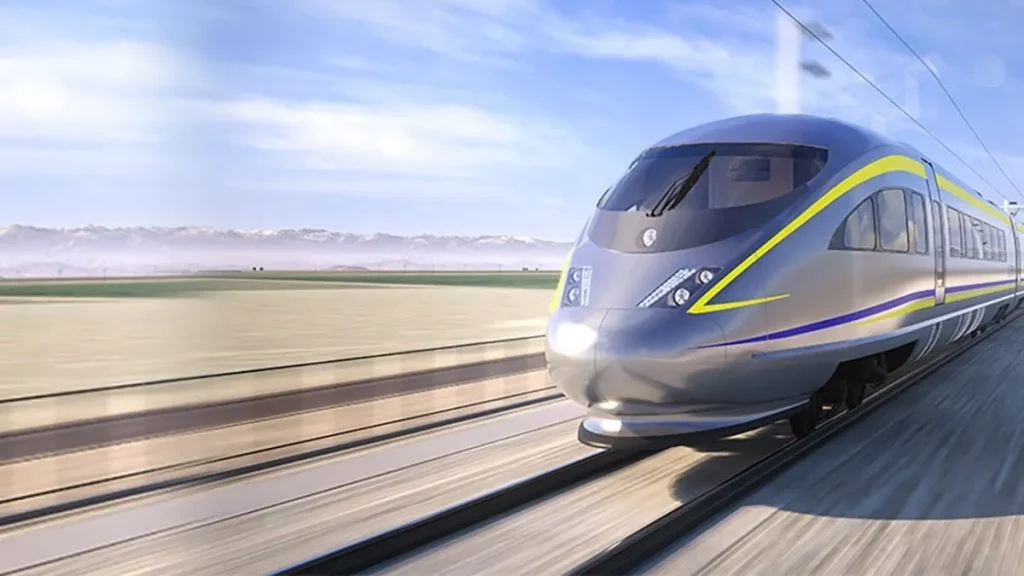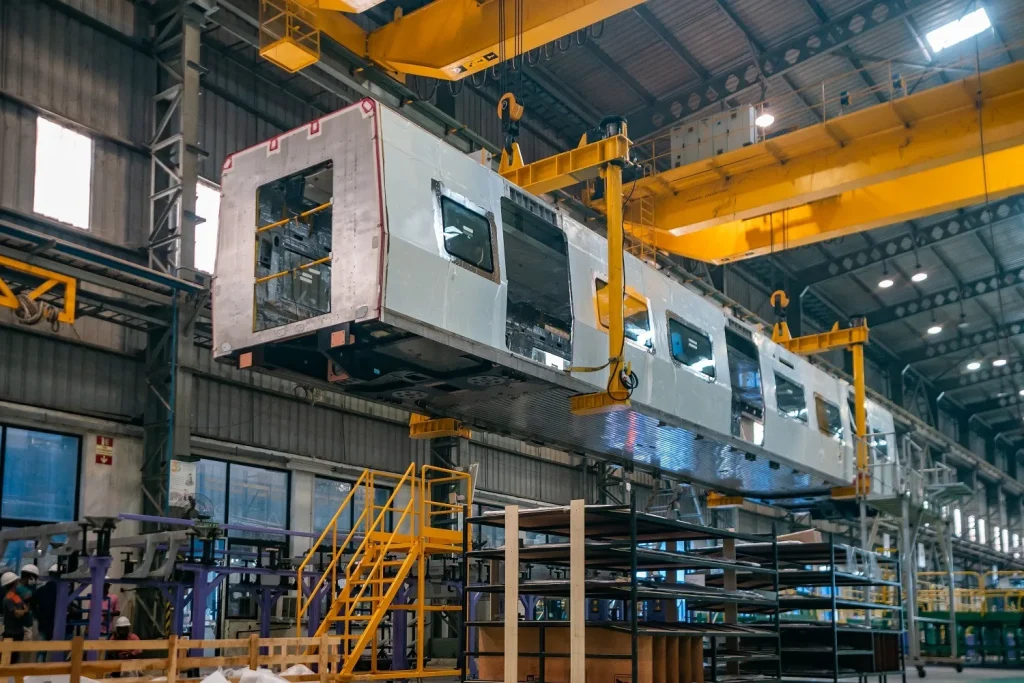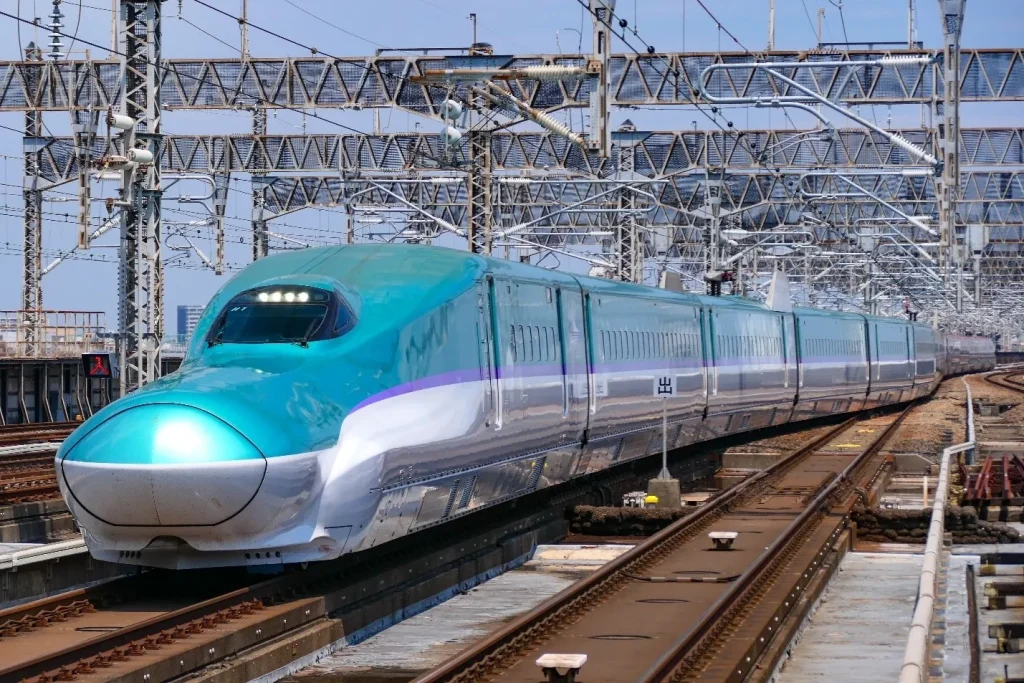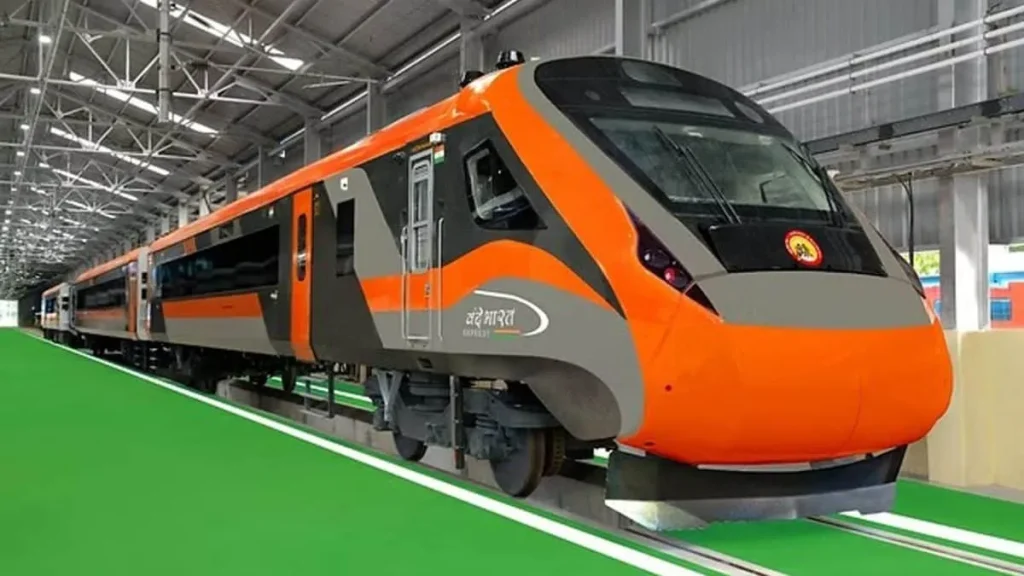The Ministry of Railways has embarked on an ambitious plan to enhance India’s rail capabilities by requesting the Integral Coach Factory (ICF) in Chennai to produce two trains capable of reaching speeds up to 250 kilometers per hour (km/h). This initiative is part of the production schedule for 2024-25, as outlined in a letter from the Railway Board dated June 4.

The proposed high-speed trains will be developed on the existing Vande Bharat platform, known for its semi-high-speed capabilities. These new trains are expected to operate at a maximum speed of 250 km/h and maintain a consistent running speed of 220 km/h. Notably, they will be built with steel bodies and conform to the standard gauge, which is widely accepted in global rail systems. The Railway Ministry aims to push the boundaries of India’s rail technology and bring it closer to the high-speed benchmarks seen in countries like Japan, home to the famed Shinkansen bullet trains.
India currently lacks trains capable of reaching these high speeds, making this project a significant leap in the country’s rail infrastructure. The ICF has been directed to manufacture these high-speed trains, marking a critical step in India’s aspirations to modernize its rail network and develop indigenous high-speed rail technology.

To support this development, the Railways has been working on a test track for standard gauge trains in Rajasthan over the past year. This test track is crucial for evaluating the capabilities required for high-speed train operations and for the potential export of Vande Bharat trains converted from broad gauge to standard gauge.
Despite the optimistic goals set by the Ministry of Railways, experts in the field have expressed concerns about the feasibility of this project within the proposed timeframe. Sudhanshu Mani, former General Manager of the ICF and the driving force behind the creation of the first Vande Bharat trains, remarked on the substantial challenge of developing a 250 km/h train by March 2025. “The top speed of Vande Bharat trains is currently 180 km/h,” Mani noted. “Achieving a 250 km/h standard gauge train within such a short period is nearly impossible.”

Mani emphasized the need for sustained effort and leadership over several years to reach this goal. He cautioned against setting unrealistic targets, suggesting that a more practical approach over a longer timeframe would be more beneficial. He also pointed out potential issues with the specifications given to the ICF, particularly the choice to use stainless steel rather than aluminum for the train bodies. “Developing such a train in stainless steel is a makeshift, retrograde step,” Mani explained. “If only two aluminum trains are considered too small a number to justify developing aluminum extrusion facilities, the order should be increased to ensure the right type of train is developed.”

Caretaker Railway Minister Ashwini Vaishnaw, speaking to Business Standard, reaffirmed the government’s commitment to indigenizing high-speed rail technology. This move aligns with India’s broader strategy to reduce reliance on imported technologies and boost local manufacturing capabilities. The experience gained from working with Japanese technology on the Mumbai-Ahmedabad high-speed rail corridor has been instrumental in shaping India’s approach to high-speed train development.
The directive to the ICF to produce high-speed trains marks a bold step in India’s rail journey, reflecting the government’s resolve to push technological boundaries and establish India as a player in the global high-speed rail sector. However, the project will require careful planning, substantial investment, and a realistic timeline to turn this vision into reality.
